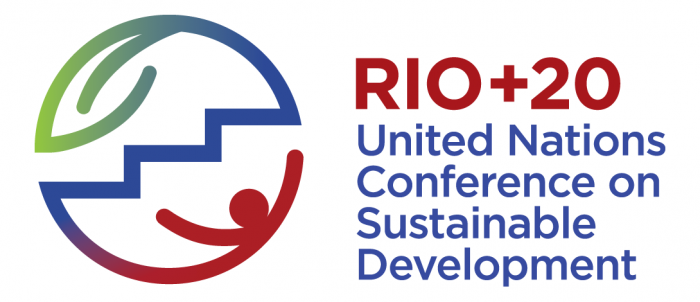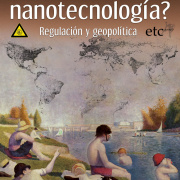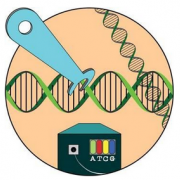Here's a grim prediction to chew on. This biotech craze dubbed "synthetic biology"—where hipster geeks design quirky life-forms: That technology is going to wind up costing lives—likely a lot of them. I'm not suggesting a direct kill by rogue viruses. These will be economic deaths. The dead will not be noteworthy: farmers, pastoralists, and forest dwellers who live in poor nations that depend on plant commodities.
Syn bio is feted as the next big thing, but we should be clear-eyed about what makes syn bio such a big deal and about whom it will harm. Its advocates predict that synthetic bio will lead to the "New Bioeconomy," in which we harness biology to perform tasks now accomplished by manufacturing.
The New Bioeconomy seems innocently green. It involves yeast and bacteria being repurposed as bio-factories to churn out the plastics, chemicals, and fuels we are already addicted to. Since microbes feast on plant-stuff—whether algae, wood chips, or sugar—plants would replace petroleum as the key feedstock for industrial production. The sourcing of strategic raw materials, including medicines, rubber, and oils, will shift from the hands of farmers in the global South to fermentation vats controlled by the North.








